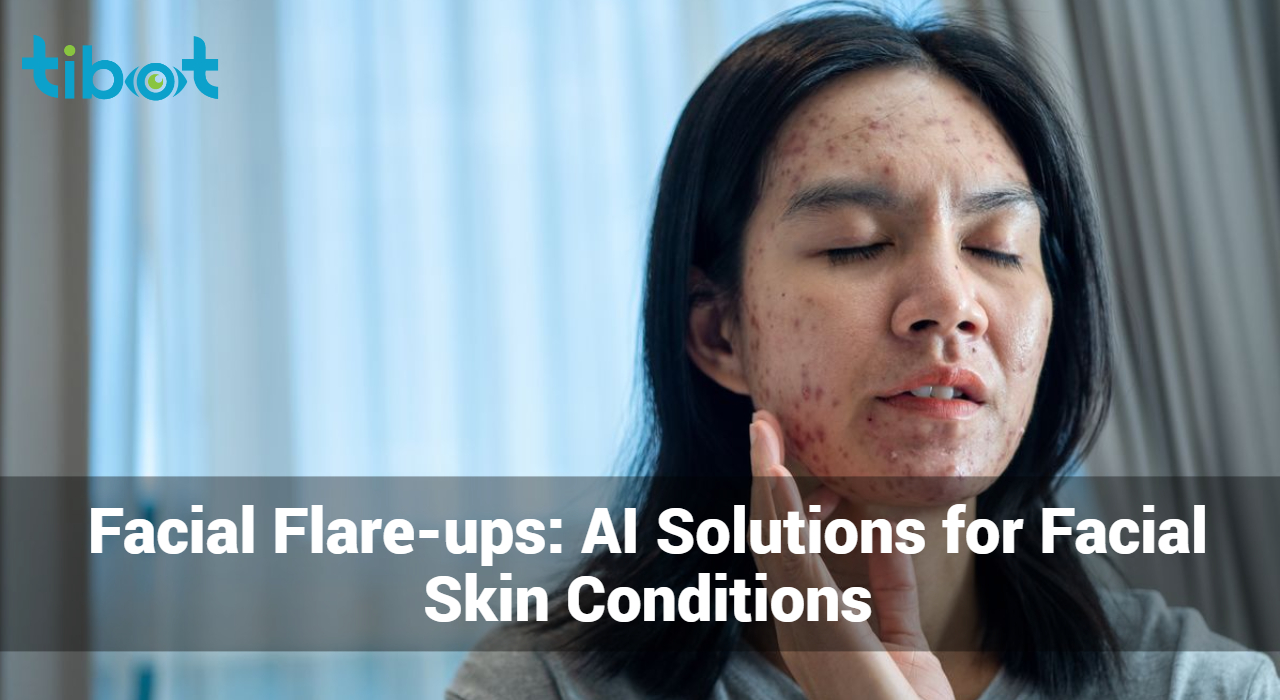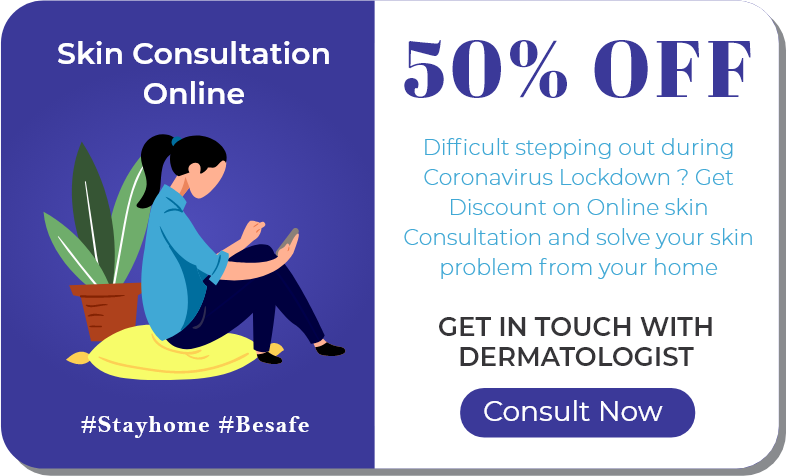Facial Flare-ups: AI Solutions for Facial Skin Conditions

Facial skin conditions, ranging from acne to eczema, can significantly impact one’s appearance and self-esteem. The emergence of AI technology offers promising solutions for diagnosing and managing these conditions effectively. In this article, we explore the role of AI in addressing facial flare-ups and revolutionizing skincare.
Understanding Facial Skin Conditions
Facial skin conditions encompass a broad spectrum of issues, including acne, rosacea, eczema, and dermatitis. These conditions can cause redness, inflammation, itching, and discomfort, leading to psychological distress. AI-powered solutions aim to provide accurate diagnoses and personalized treatment plans for individuals experiencing facial flare-ups.
Types of Facial Skin Conditions
Facial skin conditions encompass a variety of dermatological issues that affect the skin on the face. Here are some common types:
- Acne: Characterized by pimples, blackheads, whiteheads, and inflamed lesions, acne is a common skin condition that often affects the face.
- Rosacea: Rosacea causes redness and visible blood vessels on the face, along with bumps, pimples, and thickened skin.
- Eczema (Atopic Dermatitis): Eczema can appear on the face as red, itchy patches, often accompanied by swelling, dryness, and scaling.
- Dermatitis: This umbrella term refers to various types of skin inflammation, such as contact dermatitis, seborrheic dermatitis, and allergic dermatitis, which can affect the facial skin.
- Psoriasis: Psoriasis can occur on the face, causing red, scaly patches known as plaques.
- Hives (Urticaria): Hives are itchy, raised welts that appear suddenly on the skin due to allergic reactions or other triggers.
- Vitiligo: Vitiligo causes the loss of skin color in patches, which can affect the face and other parts of the body.
- Seborrheic Dermatitis: This condition causes red, scaly patches and dandruff-like flakes, often occurring on the scalp, eyebrows, and around the nose.
- Melasma: Melasma causes dark patches or discoloration on the skin, commonly occurring on the face due to hormonal changes or sun exposure.
- Warts: Facial warts are caused by the human papillomavirus (HPV) and can appear as small, flesh-colored growths on the skin.
These are just a few examples of facial skin conditions, and there are many others that dermatologists diagnose and treat. Each condition may have distinct symptoms, causes, and treatment approaches, so it’s essential to consult a dermatologist for an accurate diagnosis and personalized treatment plan.
The Role of AI in Facial Skin Care
AI technology utilizes advanced algorithms to analyze skin symptoms, images, and patient data to assist dermatologists in diagnosing and treating facial skin conditions. By leveraging machine learning and image recognition, AI can identify patterns and recommend appropriate interventions tailored to each individual’s unique needs.
AI-Powered Diagnosis
One of the key benefits of AI in dermatology is its ability to provide rapid and accurate diagnoses. AI algorithms can analyze clinical data and images of skin conditions, helping dermatologists make informed decisions about treatment strategies. This not only reduces diagnostic errors but also enhances patient outcomes by facilitating timely interventions.
Treatment Options for Facial Skin Care
AI-driven skincare solutions offer a range of treatment options for facial flare-ups, including topical medications, oral medications, and lifestyle modifications. By analyzing patient data and treatment responses, AI algorithms can optimize treatment plans, ensuring better efficacy and minimal side effects. Additionally, AI-powered apps can provide personalized skincare routines and product recommendations to help individuals manage their conditions effectively.
Preventive Measures and Skincare Tips
In addition to treating existing facial skin conditions, AI technology emphasizes preventive measures and skincare tips to minimize flare-ups. These may include proper cleansing, moisturizing, sun protection, and dietary modifications. AI-powered apps can offer personalized recommendations based on individual skin types, concerns, and environmental factors.
Real-life Success Stories
Numerous individuals have experienced significant improvements in their facial skin health and overall well-being through AI-driven skincare solutions. Testimonials and case studies highlight the transformative effects of personalized treatment plans and skincare routines recommended by AI-powered apps.
Future Perspectives and Advancements
As AI technology continues to evolve, the future of facial skincare looks promising. Innovations such as virtual consultations, wearable devices, and telemedicine platforms are poised to further revolutionize dermatological care, making it more accessible and convenient for individuals worldwide.
Expert Insights and Recommendations
Dermatologists and skincare experts endorse the use of AI-powered solutions for facial skin conditions, citing their efficacy, accuracy, and patient-centric approach. They encourage individuals to embrace technology as a valuable tool in their skincare journey and to seek professional guidance when needed.
Conclusion
In conclusion, AI solutions hold tremendous potential in revolutionizing the diagnosis and management of facial skin conditions. By harnessing the power of AI technology, individuals can take proactive steps towards achieving healthier, clearer, and more radiant skin. Embracing innovation and seeking expert guidance are key to unlocking the full benefits of AI-driven skincare solutions.
Track and Manage your Skin Treatment Using a Comprehensive Skin Care App
Download Tibot Now





